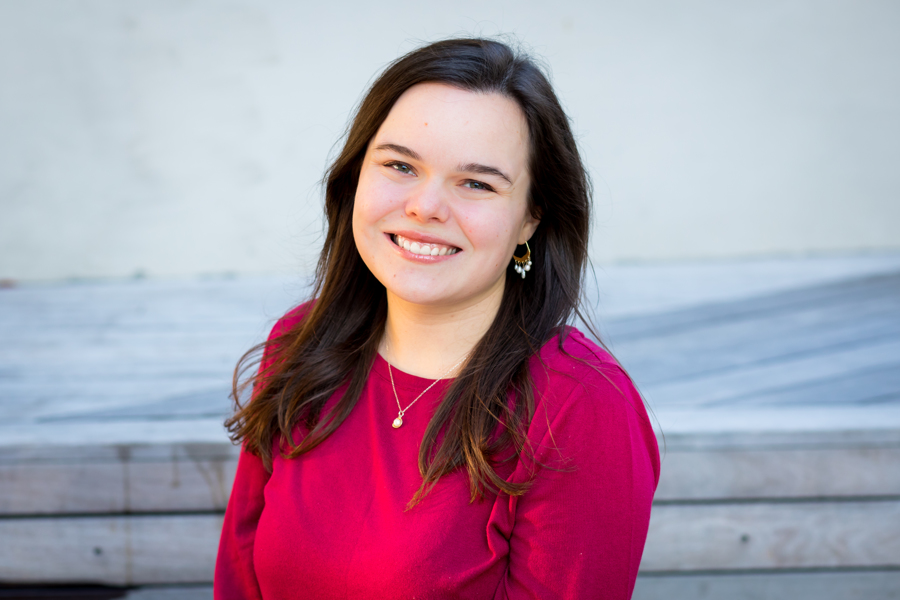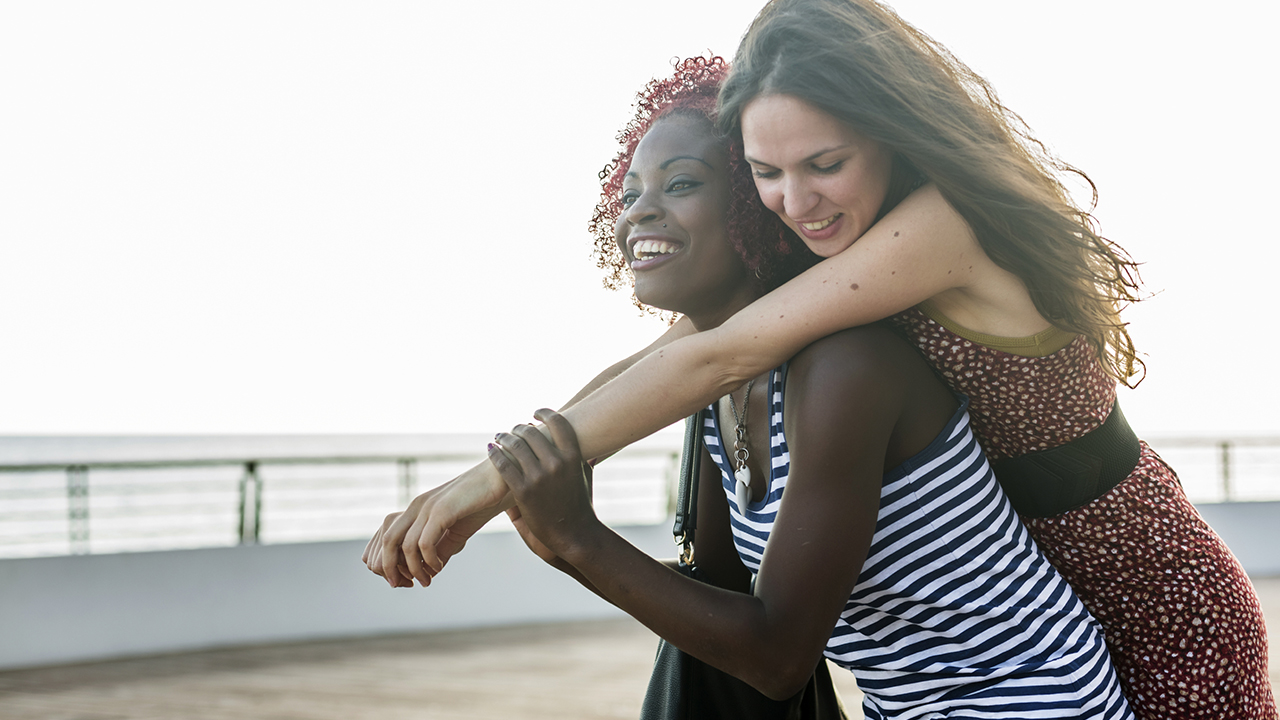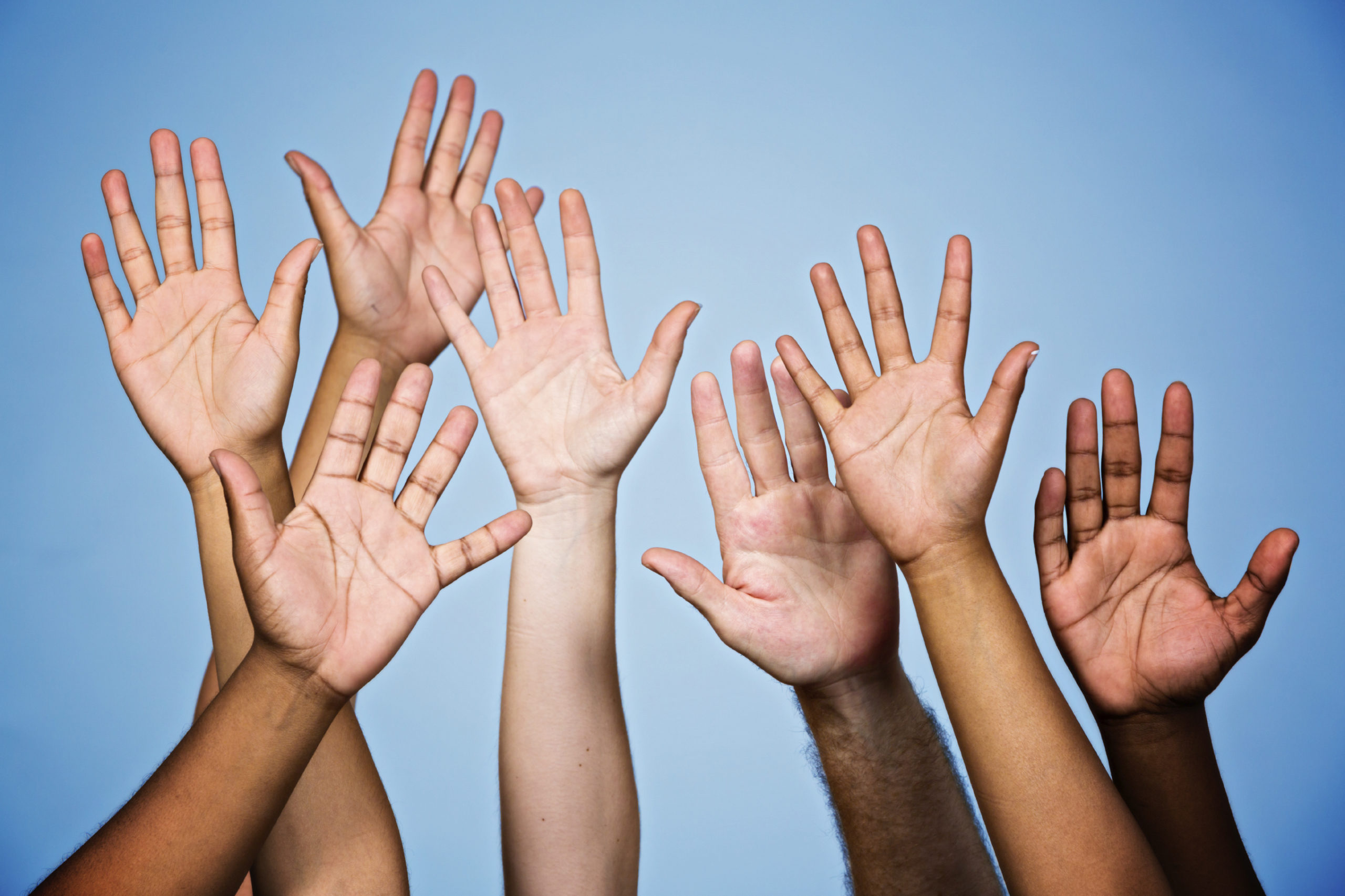Abortion rights, women of color, and LGBTQI+ people are under attack. Pledge to join us in fighting for gender justice.
An Ode to Representation in Cheesy Holiday Movies
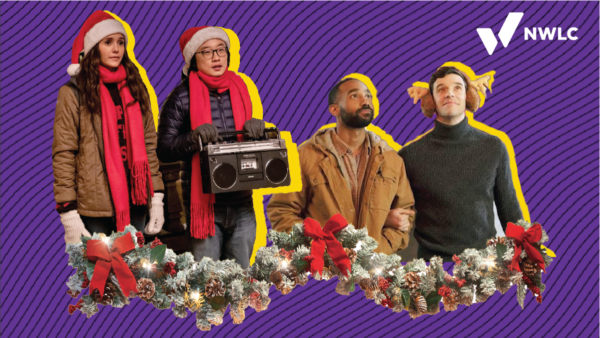
I love holiday rom coms. Like I LOVE them. To me, it just doesn’t feel like the holiday season until I’ve watched a cheesy, low-budget romantic comedy. But most of these holiday films that roll out every year are still white and heteronormative, many of them being set in imaginary European countries (can we get the story of a fake royal family who isn’t white please?).
One of my favorite holiday movies is Last Holiday, which was a wonderful movie with Queen Latifah playing a woman finding herself and finding love. However, this movie came out in 2006. In 2020, we had Happiest Season, which featured a lesbian couple coming home for the holidays. However, the plot centers around the trauma of coming out and being outed in a family that isn’t accepting. We need more representation in our holiday movies – but we also deserve movies that are just as light-hearted and cheesy and the ones being marketed to straight white people.
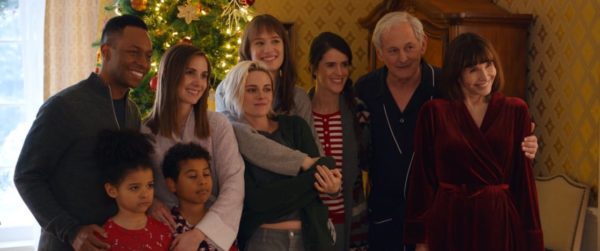
Looking at some of the mainstream holiday movies released this year, there are some stand-outs. Love Hard featured a biracial love story with an Asian American man playing one of the love interests. Single All the Way features a Black gay man and his best friend falling in love in an accepting family environment. We’ve gone from Happiest Season to Single All the Way in just one year!
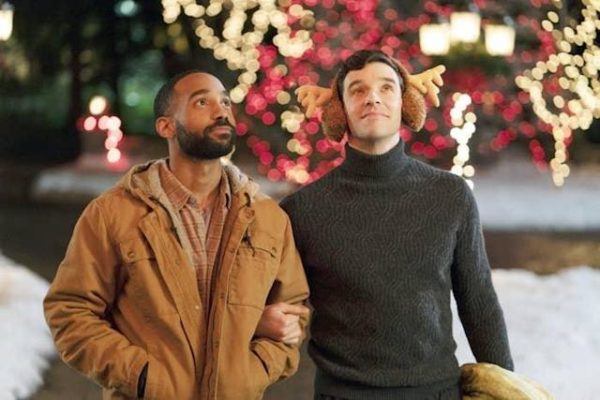
The bottom line is though that we need more.
Everyone deserves to see themselves in these films where (and I’m looking at you Happiest Season) their identity is not the crux of the plot. If you create a film about a trans character going home with their significant other for the holidays, and their significant other’s family is transphobic, you have failed to understand the assignment. This is the problem with the Happiest Season; we need more representation, but the entire point of holiday romcoms is that they provide a heartwarming escape from reality. You suspend your disbelief enough to think that two people from different countries can be doppelgangers and fall in love with other people in 48 hours, a la the Princess Switch. It’s not that wild to think that we could create an LGBTQ movie where discrimination isn’t the main plot point.
Hollywood, we can do better. These plots are cookie-cutter and they can stay that way. I don’t want you taking on closeted trauma in these holiday romcoms. No! Put it away. We don’t want to reinvent the plot hole-ridden wheel; we just want queer and BIPOC representation in the films. I want the cheesy awful dialogue. Give me the low-budget “great halls” that are supposed to be royal palaces. Just write queer characters of color sharing that awful dialogue in those low-budget sets. Because really, you know you’ve made it in representation when they’re making bad holiday rom coms about you. Seeing the leaps we’ve made this year warms my heart.
Next year, there are so many stories I want to see more of: ones where Christmas isn’t centered, ones with interfaith relationships, ones with interabled relationships and disabled characters, and genderqueer love stories.
Where’s the Black nonbinary lead who volunteers to make the office Christmas cake with their sworn workplace enemy, a pansexual workaholic who’s been burned by love before? Where’s the bisexual Asian American career woman who returns to her small-town home for the holidays and runs into her old high school flame, a cottagecore lesbian who owns the town’s bakery? I want to watch those movies.
See you in December 2022. I’ll be there, hot chocolate at the ready, ready to cringe at the dialogue and smile at the representation.


